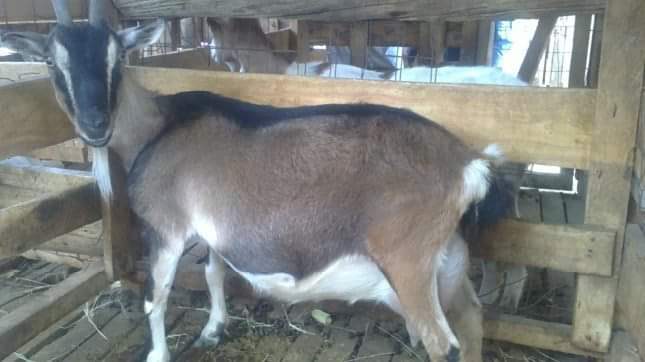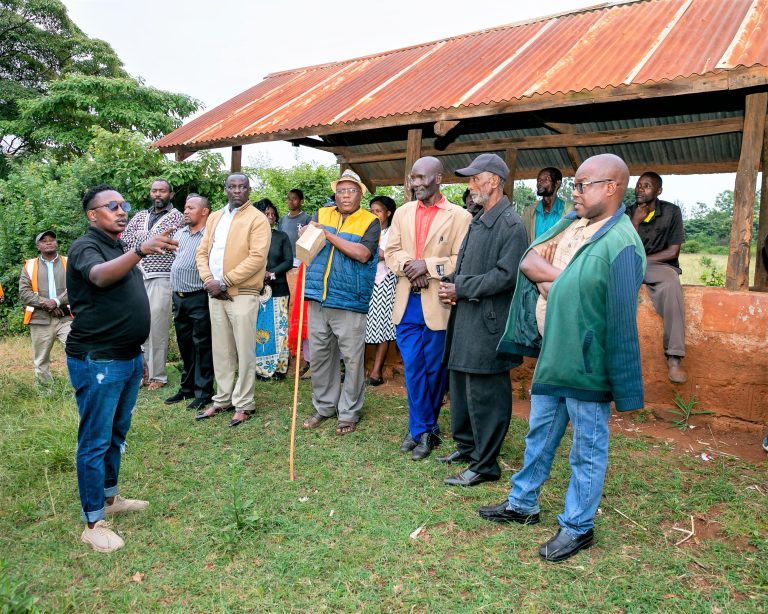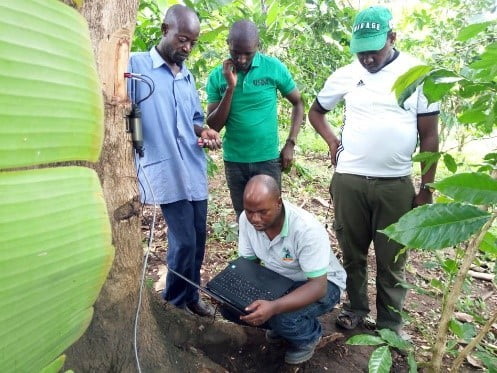The National Animal Genetic Resources Center and Databank (NAGRC&DB) of Uganda will start making special HIV treatment tablets from goat milk.
This is revealed in a new report about the state of goat farming in the country. The report also says that NAGRC&DB has finalised plans to introduce highly-efficient and productive dairy goats for adoption by the livestock-rearing communities to avail milk rich in nutrients required for boosting the human immune system.
Dr Peter Beine, the NAGRC&DB acting Executive Director, confirmed the development but did not provide the specific timeframe when they will start. “On the recommendation of our scientists and researchers, we are bringing the Toggenburg breed, a dairy goat that has been found to withstand conditions here,” he noted.
Goat milk contains calcium, potassium, highly-soluble less-allergenic proteins, digestible fats and energy-producing riboflavin, all of which are essential in boosting the immunity of people living with HIV/Aids. In some countries, goat milk is directly crystalized into tablets which are given to HIV/Aids patients as immunity boosters and body rejuvenation. However, it must be realized that dairy goats require careful attention as dairy cows, and temperate breeds need shade during hot weather.
In Uganda, dairy goat farming was first promoted in eastern Uganda by FARM Africa, an international NGO. They introduced the Toggenburg which traces its origin in Switzerland.




